Dentistry
From niche to world leader: 100 years Dentistry in Bern
Founded amidst resistance in 1921, the School of Dental Medicine of the University of Bern (ZMK) is today among the most renowned centers of their kind in the world. Hendrik Meyer-Lückel, Executive Director of the ZMK, tells what makes Bernese dentistry unique.
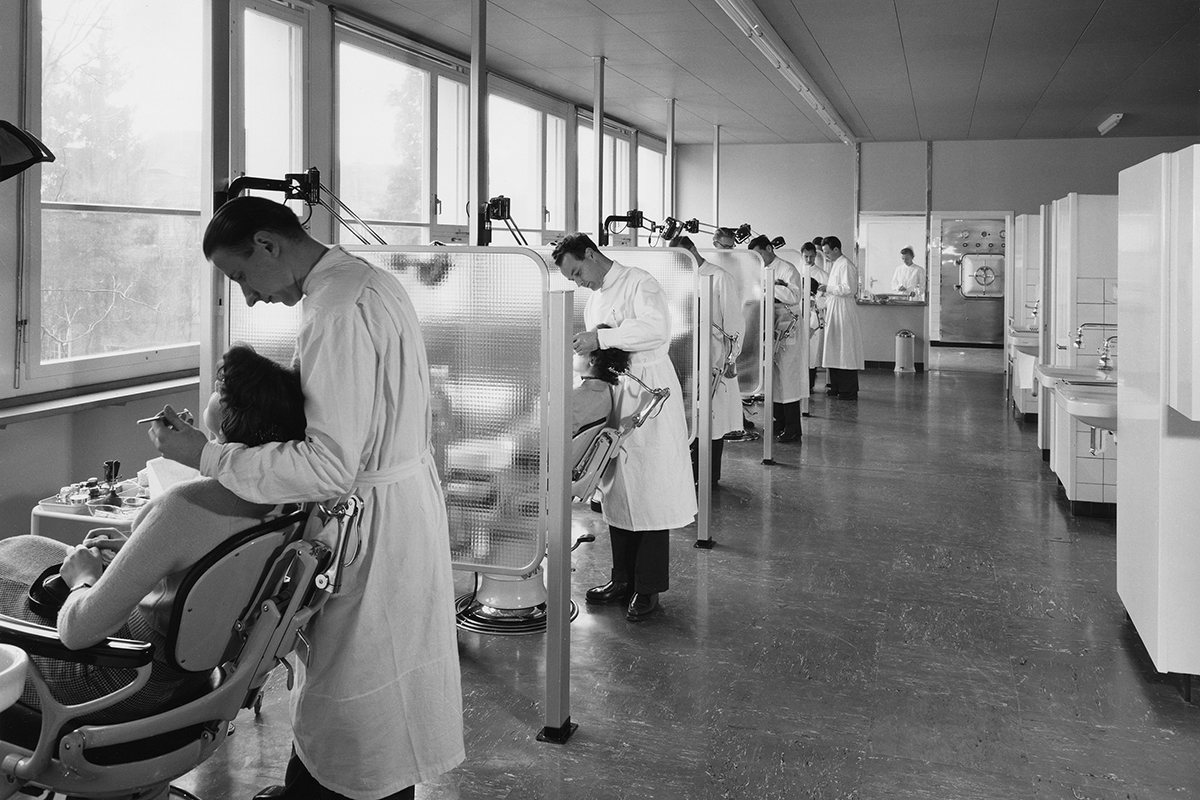
That was not only a problem in Bern, but in general. Before, dentistry was long considered just a craft. When a medical procedure was necessary, they were handled by surgery. At that time, people simply did not see the need to establish a separate institute for dentistry.
Today, the ZMK characterize Bern as an important place for medicine and are among the world's leading institutions in dentistry. How did this come about?The professors at the ZMK have been working on an international level from early on. They saw the opportunity to prove themselves through research and therefore gave their scientists room and freedom to develop. Today, we are one of the ten best dental centers in the world.
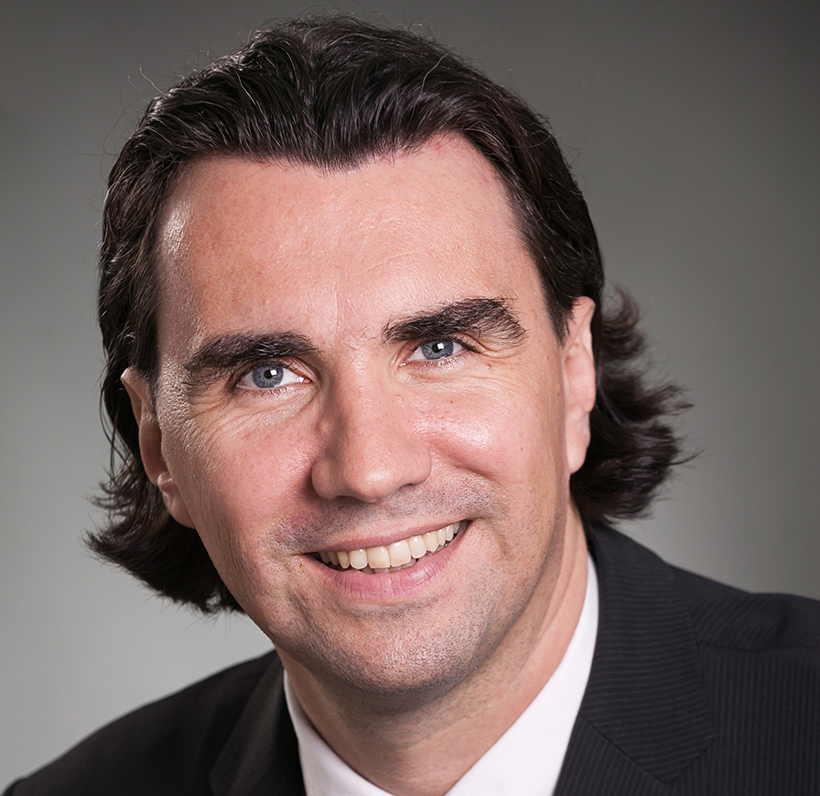
In a practice-oriented field like dentistry, it is important that results in research bring benefit to patients. And the benefit must come not after 100 years, but in, perhaps, ten years. Pure research for research's sake is not what we want. Therefore, a lot of research which starts in the laboratory is then clinically evaluated, and ultimately leads, with help from partners in the industry, to a product that benefits patients.
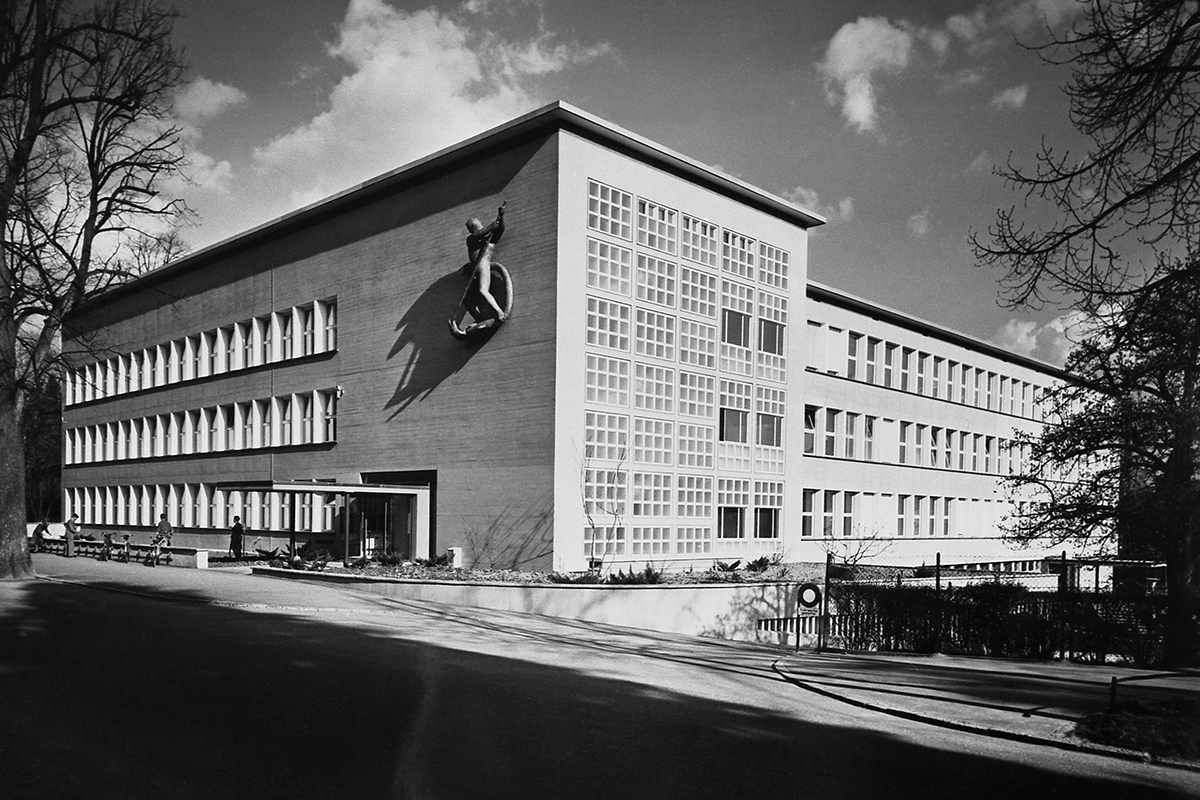
The ZMK have a special reputation for innovations in restorative dentistry and implant technology. But all other areas of the ZMK have also made great strides in the field. This is what is so special about the ZMK; all five clinics are strong.
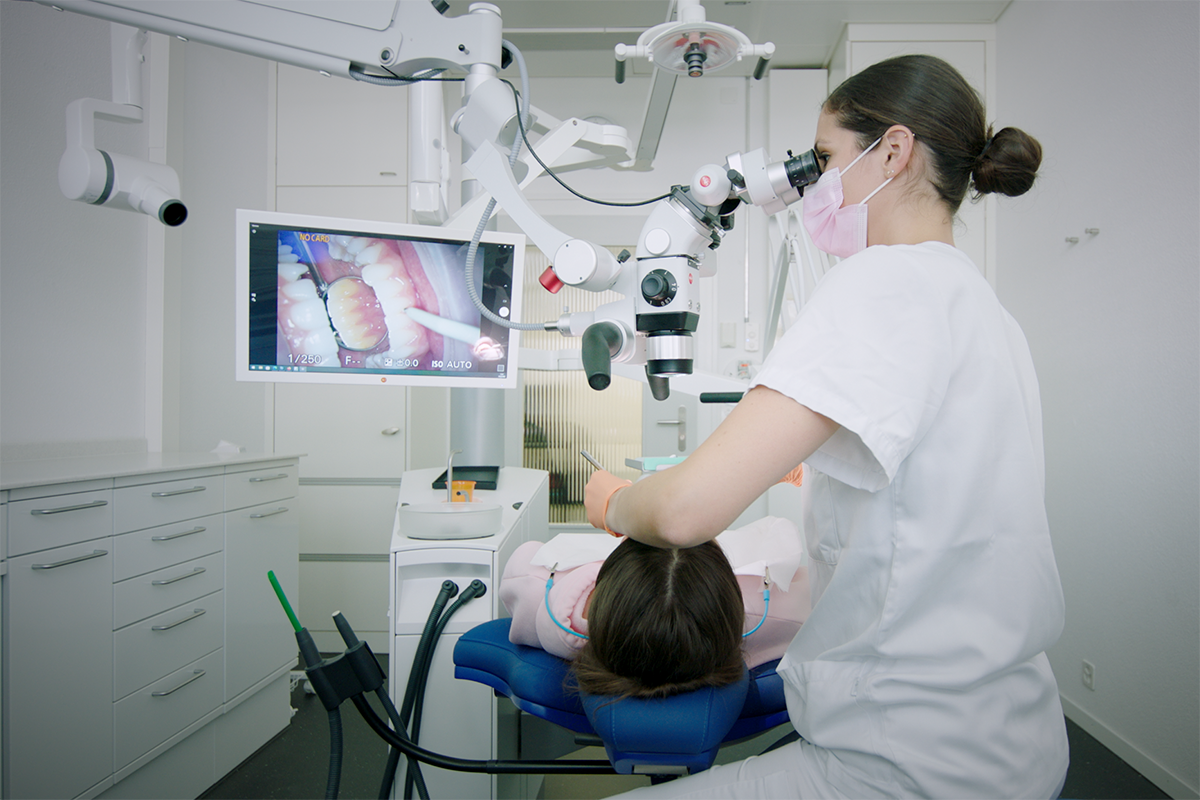
In principle, the tasks of education, training, patient care, and research have not changed fundamentally over the past 100 years, although the research component has become more predominant.
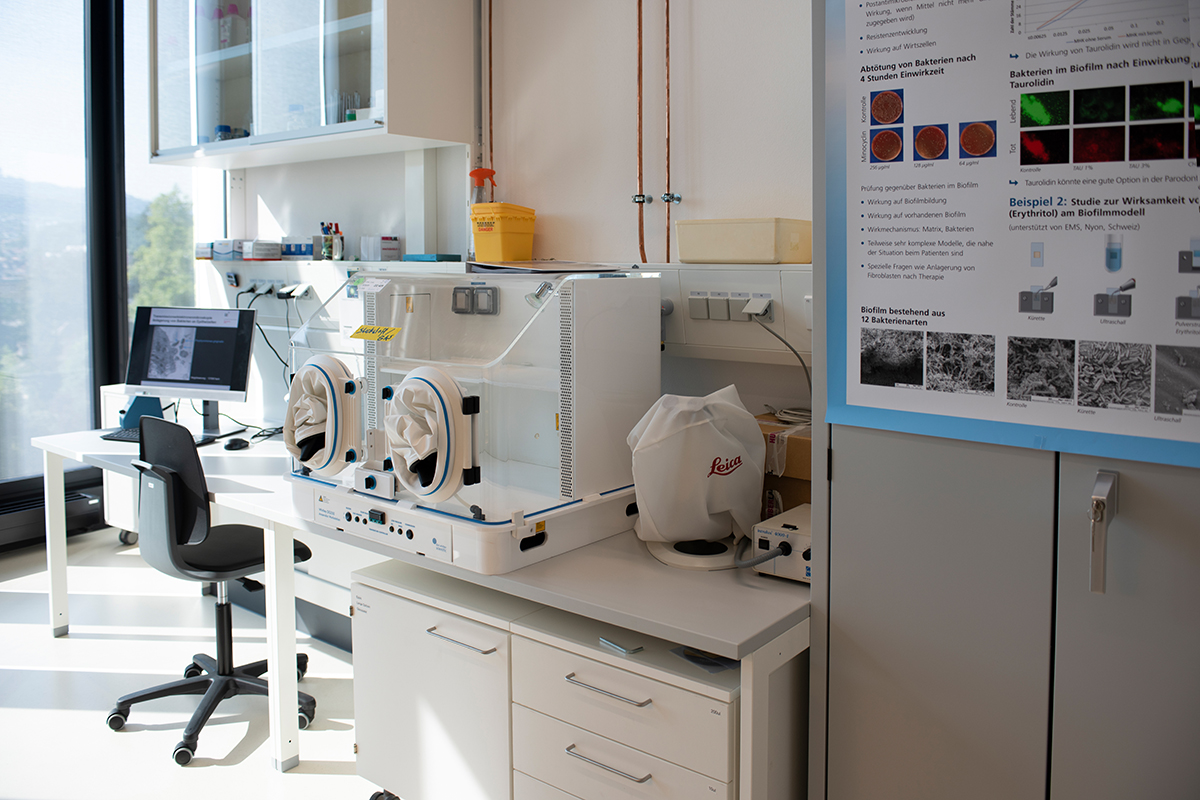
While today's dentists continue to be skilled practitioners of their craft - the aspects related to general medicine and psychology are playing an ever-bigger role. Due to the unique characteristics of teeth - the majority of purely tooth-related findings are still a specific problem. However, there are certainly many links to other areas which are already part of the work at the ZMK Bern and which we would like to develop further.
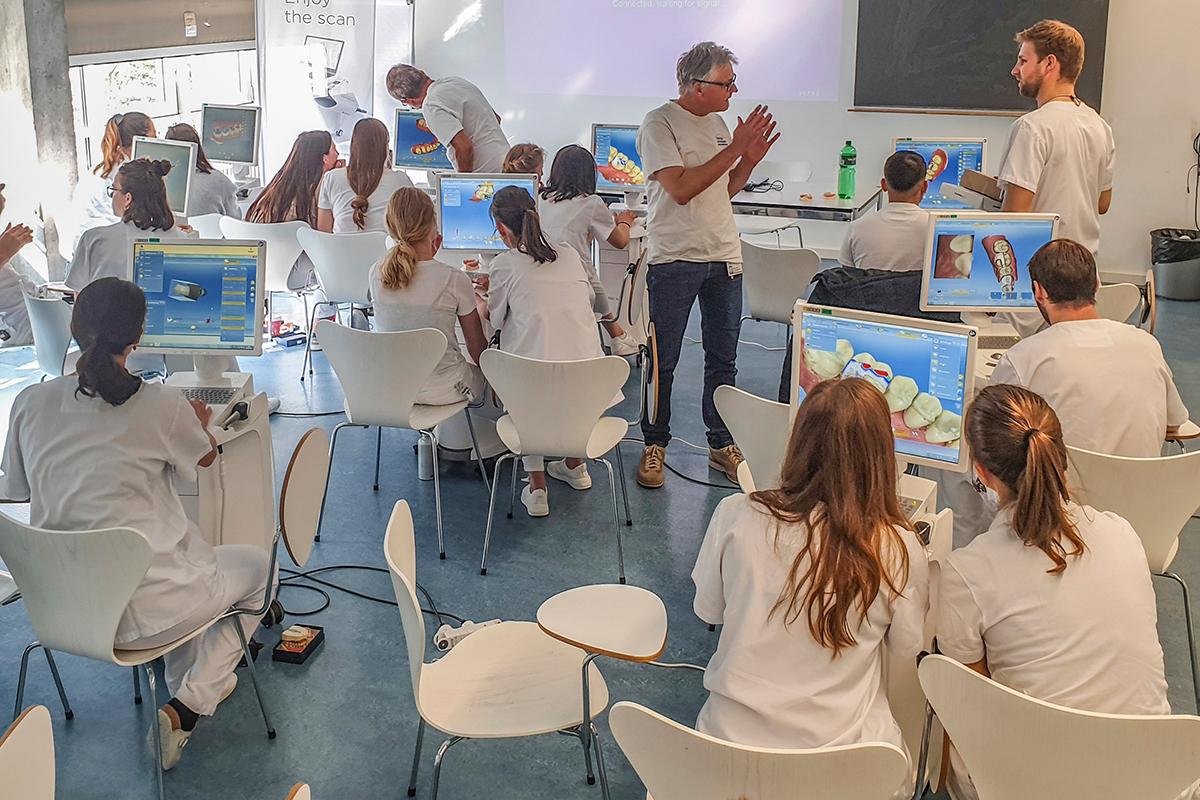
It is important that strong cooperation exists within the organization so that current demands can be met. But there must also be financing and freedom to make decisions. It must not be the main task of researchers and staff to fulfill bureaucratic requirements in an environment of constant financial deterioration, as is unfortunately often the case elsewhere.
What can you learn from the history of ZMK?In all factual discussions, one should not forget that a certain mindset is necessary to achieve optimal outcomes in learning and work. This mindset seems to have had a lasting effect here, so we can hope for very good years ahead for the ZMK Bern.
Hendrik Meyer-Lückel is Executive Director of the School of Dental Medicine of the University of Bern. Prof. Dr. Hendrik Meyer-Lückel Katharina Wecker is a freelance journalist and copywriter based in Bern.ABOUT HENDRIK MEYER-LÜCKEL
Contact:
Phone: 031 632 25 70
E-Mail: hendrik.meyer-lueckel@unibe.chAbout the School of Dental Medicine Bern (ZMK)
About the author